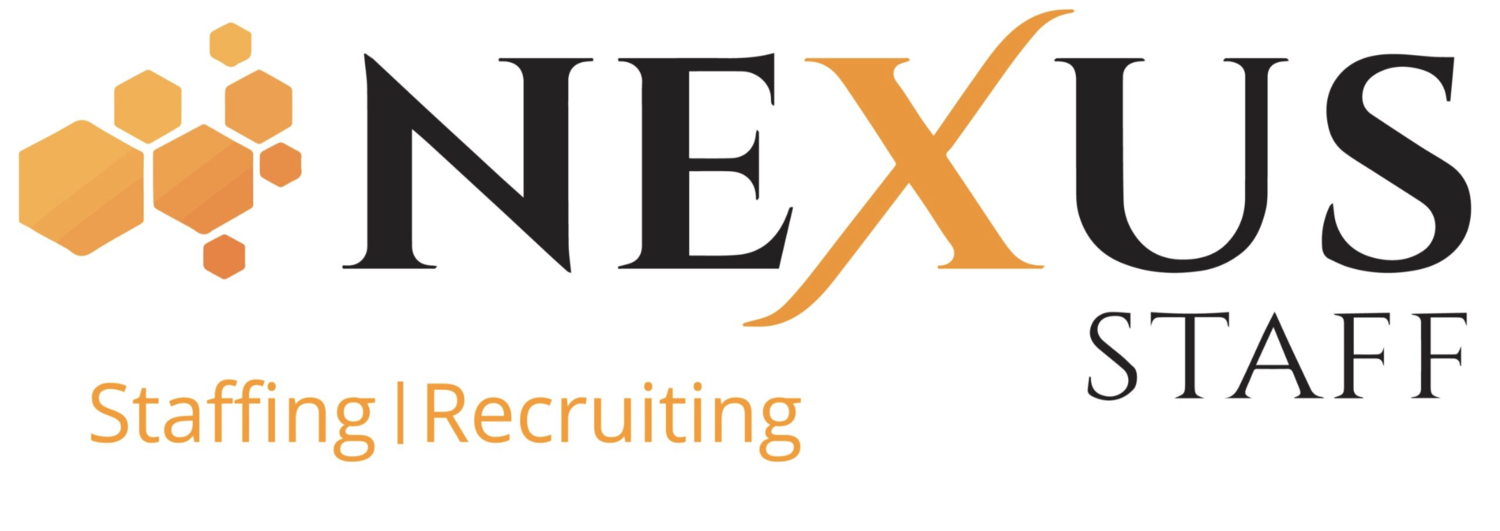8 Methods For Dealing With Work-Related Stress
We've all dealt with work-related stress at some point. Whether it was from the pressure of a fast-approaching deadline or emails piling up one after another, work stress can come in various forms. In those moments you may have felt your heartbeat quicken or your muscles tense, all of which are normal stress reactions.
According to Harvard Health Publishing, these stress responses–also known as "fight or flight"–stems from the evolutionary process. "Fight or flight" was originally created to help us respond to environmental dangers. Today, when we feel stressed, our "fight-or-flight" response is triggered causing us to feel work-related stress or anxiety.
Constantly feeling stressed or anxious at work can negatively impact work productivity and mental health. Research shows that people who constantly experience heavy workloads and high-pressure work environments are more likely to develop depression or anxiety disorders. One of the best ways to help feel more relaxed at work is to start practicing healthy stress coping techniques.
Track situations that cause stress.
By writing down how you feel during moments of stress and noting the situations that caused them, you can better prepare yourself to use relaxing techniques. When you begin to know the causes of your stress or anxiety, you can quickly react in a healthy way rather than let the pressure overwhelm you.
Cut down interruptions.
Whether it's turning off alerts every time you get a new email or closing your office door to limit people entering, finding ways to decrease interruptions will help you stay in control. While last-minute projects and unexpected deadlines are harder to predict, finding ways to stay productive and less distracted will keep you on task.
Take a deep breath.
As cliche as it may sound, taking a deep breath can actually benefit you. According to Forbes, putting aside a few minutes to take a few deep breaths can help you restore balance. The trick is to inhale for five seconds and exhale for the same amount of time. By focusing on your breathing for a few minutes, your focus will shift from the stressful situation and calm you down.
Prioritize your projects.
Though multitasking may seem like you can get more done in less time speed and accuracy are actually sacrificed. When your attention is divided between multiple projects at once, it's hard to process what you're doing.
Instead, chunk up your time throughout the day. If you make a list of your high to low priority projects, then you can divide the day up into dedicated time slots for you to focus on each task. You'll find that you are producing better results because you can give each project your full attention for a designated period. It will also allow you to work on managing your time.
Take breaks.
It's easy to get wrapped up in your work, but make sure you're giving yourself time to relax during the day. Taking a step away from your computer can give your mind a moment to decompress from work-related topics. Try going for a walk outside or another form of exercise, like yoga. Exercise will help lift your mood and blow off steam.
Make sure your getting enough sleep.
Being well-rested can have a huge impact on your mental health. Without proper sleep, you can feel more run down and it will be harder to focus. This can lead to work-related stress and anxiety, but if you make sure you're getting enough sleep at night you may discover that your mood and productivity are better.
Talk to someone.
If the pressures from work start to weigh you down try talking to your supervisor. They may be able to supply you with resources to help deal with work-related stress. Supervisors are there to support employees, so this is a great first-step if other methods are not working.
If you're not comfortable discussing this with your supervisor, then seek out a friend or family member you feel comfortable talking to. They may be able to help you find ways to cope and reduce your stress and anxiety.
Set boundaries.
Your work-life balance is also key to reducing work-related stress. Especially when you're working from home, it can seem as if you have to be available for work 24/7, but this is where setting boundaries comes in. By establishing a strict workday schedule and prioritizing yourself, you can separate your work-life from your home-life and reduce work-related stress and anxiety.
Don't let the pressure of achieving your business goals get the best of you. Nexus is here to support you, connect with us today!
Related blog posts
Diversity and Inclusion Increases Employee Engagement–Here's How
5 Ways to Help Combat Work From Home Loneliness


